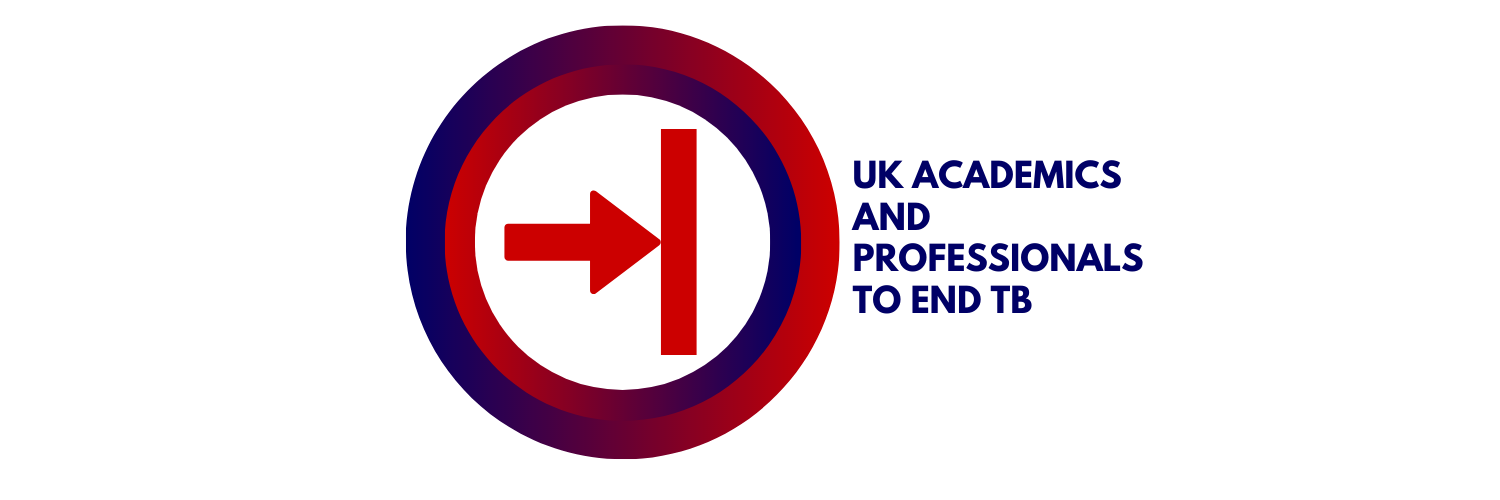UKAPTB Statement on the UN High Level Meeting on TB
September 28th, 2018, written by Pally Khan
Earlier this week, several members of our group were in New York to participate in the United Nations High Level Meeting on Tuberculosis.
With proceedings now complete, these representatives of our group* have reflected on the week’s activities and collectively written the following statement:
UKAPTB Statement on the UN High Level Meeting on TB, held in New York 26th Sept 2018
We applaud Heads of States and Ministers from around the world gathering at the first-ever high-level UN TB meeting for making explicit commitments to fighting TB, and for recognising in the strongest terms that global efforts so far have been inadequate. Whilst several African Heads of State showed their support by speaking in person, the level of engagement from other global regions was less evident.
Substantial progress will be made towards eliminating TB if the broader sustainable development goals are achieved by 2030 – notably universal health coverage, improving housing and Improving food security. TB is then a key “sentinel disease” for monitoring the health impacts of improving social determinants.
Penny Mordaunt MP, Secretary of State for International Development, emphasised the need for research while speaking on behalf of the UK Government. “Without innovation and fresh approaches we have little chance of meeting the SDG goal of eliminating TB.”
In the spirit of reflecting on how all of us could contribute to a paradigm shift in tackling TB, our group of UK academics and TB professionals attending the High-Level Meeting identify the following key areas as being the most critical:
1. A global campaign is needed to ensure effective implementation of the commitments made in the Political Declaration. Academics and professionals in TB have a unique role to play in this in collaboration with other stakeholders including the affected community, parliamentarians, NGOs, the UN and WHO.
2. UKAPTB offers to participate with a global network of academics and professionals to contribute to development of a robust and independent mechanism that ensures delivery on commitments made within the Political Declaration. This includes tracking, within an accountability framework, clear and specific targets for research, and in particular applied health research.
3. While awaiting breakthroughs in basic science, applied health research is urgently needed to define affordable and effective intervention strategies and to provide a strong evidence-base to guide investments that maximise health gains with rational use of funds.
4. The TB research community must situate their work within wider efforts to strengthen health systems and engage with the multifaceted risk factors for TB, including poverty, migration, food insecurity, housing and the HIV epidemic. This reinforces the Minister for Health of Brazil’s comment that “A world of Social Justice is also a world free from TB”
5. More research funding is urgently needed. Global research priorities are already defined, though with little progress evident at this meeting about how to close the estimated funding gap of US$1.3 billion per year for research to support TB elimination. With the rising threat of antimicrobial resistance (AMR), HIV and the global migrant crisis, the South African Minister for Health asked us all to consider “Can we afford not to invest?”
6. Policymakers, NGOs, affected community, civil society and funders are now better primed than ever to act on TB. Researchers need better engagement with all of these stakeholders not only in the formulation, conduct and dissemination of research but also in defining strategic plans and investments for research.
7. All stakeholders, in turn, need to commit to evidence-based decision-making. For example, recognising men as a priority vulnerable population given the strong evidence showing them to be disproportionately affected by TB, and the source of 2/3rds of all global TB transmission events.
*Ibrahim Abubakar (UCL), Irene Ayakaka (LSTM), Liz Corbett (LSHTM), Mishal Khan (LSHTM), Heinke Kunst (Barts Health), Marc Lipman (UCL and Royal Free Hospital), Brenda Mungai (LSTM), Bertie Squire (LSTM), Sameer Sah (TB Alert) and Simon Tiberi (Barts Health).
